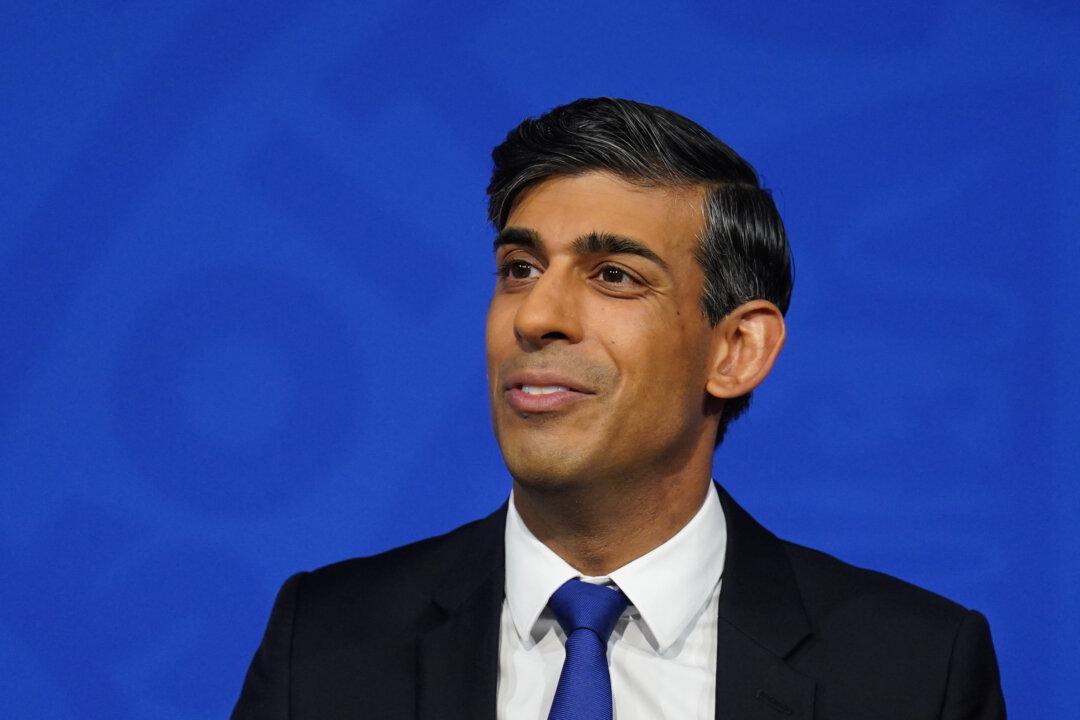Prime Minister Rishi Sunak’s pledge to “abolish” legacy asylum backlog by 2023 has been delivered, the Home Office said, while Labour accused the government of “cooking the books.”
In a statement published on Tuesday, the Home Office said Mr. Sunak’s “commitment of clearing the legacy asylum backlog has been delivered.”





